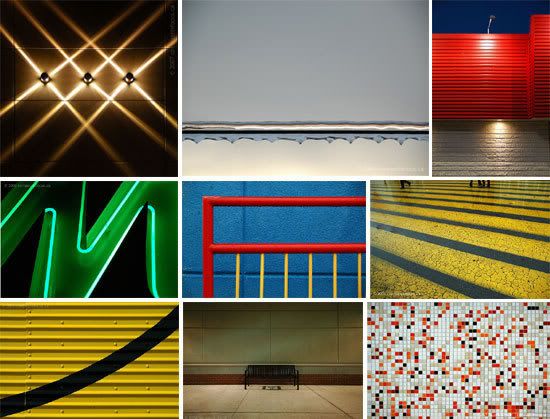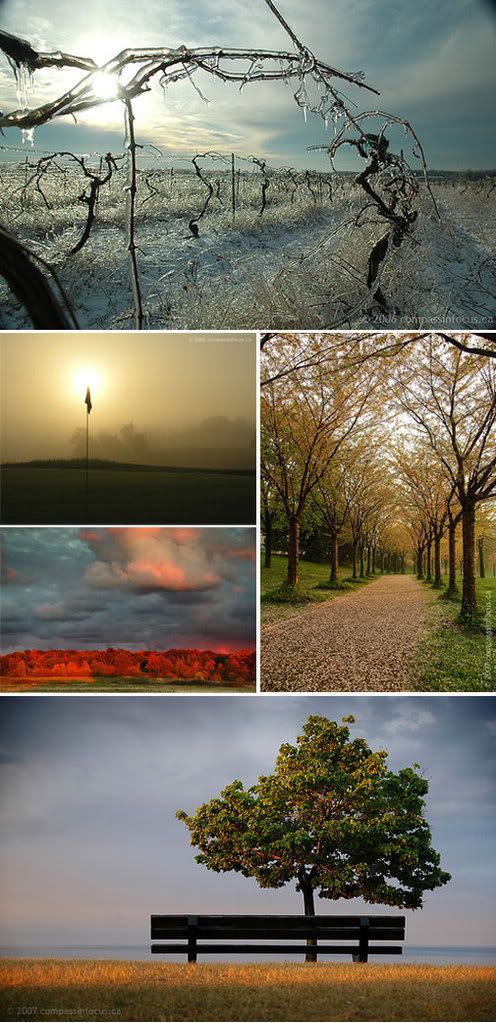"I believe artists have a responsibility to provide the world with beauty and truth. Creation is a constant inspiration for me and the human experience a constant challenge."
- Jason Bouwman
Jason Bouwman, founder of Burlington-based Compass Creative has an eye for beauty and the talent to capture it.
A native to Burlington, Jason was so eager to get going on his career that he began to work as a commercial artist while still in school. After graduating from Sheridan College's Technical Illustration program he continued freelancing for many different clients in a wide range of industries. He then founded Compass Creative a design agency which has recently been awarded the "Burlington Chamber of Commerce Award for Small Business". Currently Jason balances his time between his professional role, family responsibilities and personal interests which include photography and painting “en plein air”. Jason sells his work online and in the Burlington Cultural Centre. He still lives in Burlington with his wife and four children.
As my new Flickr-mentor, I just had to ask him to share a few key tips for anyone interested in developing their skills in photography.
What tools do you need to take a truly great picture?
With the amount of equipment on the market these days and the speed at which the technology develops/improves it can be daunting to decide what tools are essential. Truth is there is no one brand, system or series of cameras and lenses that will work for everyone. Just like some artists paint with very wide brushes on large canvasses and another might do very fine, detailed work in tempura on paper so there is different equipment for different photographic styles. The good thing about the amount of product out there these days is that you're sure to able to find something that fits your style, budget and skill level. Having said that, good equipment and your ability to put it to full use really opens up the possibilities for expressing your ideas. I would suggest buying the best quality you can afford so that you are free to explore and experiment without feeling that your equipment is holding you back.
In the end however, the most important tools for creative image making will always be your brain and your eyes. No amount of technology is going to teach you how to see or give you an interesting idea to express. I have seen some really great creative work by guys using cheap toy Holga cameras. Go figure.
What do you look for before taking the shot?
I try to identify what it was about the scene, object, person etc. that moved me. Then I try to think about how to compose my shot in a way which captures the essence of what I'm feeling, thinking or trying to convey. Eg. a house on a hill might be positioned large and near the top of a vertically composed image to convey loftiness, power, status or it may be positioned small and very low in the image to convey vulnerability against a threatening sky.
I also consider light quality so that I can adjust my settings to ensure a proper exposure.
If possible I try to move around my subject a bit to exhaust any other possible angles or compositions that might not be obvious at first glance.
Can you share any tips or tricks to get the best photograph?
Experiment with depth of field (DOF) This is achieved by changing your aperture settings eg: wide open aperture gives shallow depth of field, bokeh, and soft backgrounds, while small apertures give greater DOF.
Avoid on camera flashes! Turn them off whenever you can. Try using a tripod instead in low light conditions.
Avoid shooting outdoors between 10:00 am and 2:00pm
More beautiful images captured by Jason Bouwman.
Can you identify the Burlington location?



No comments:
Post a Comment